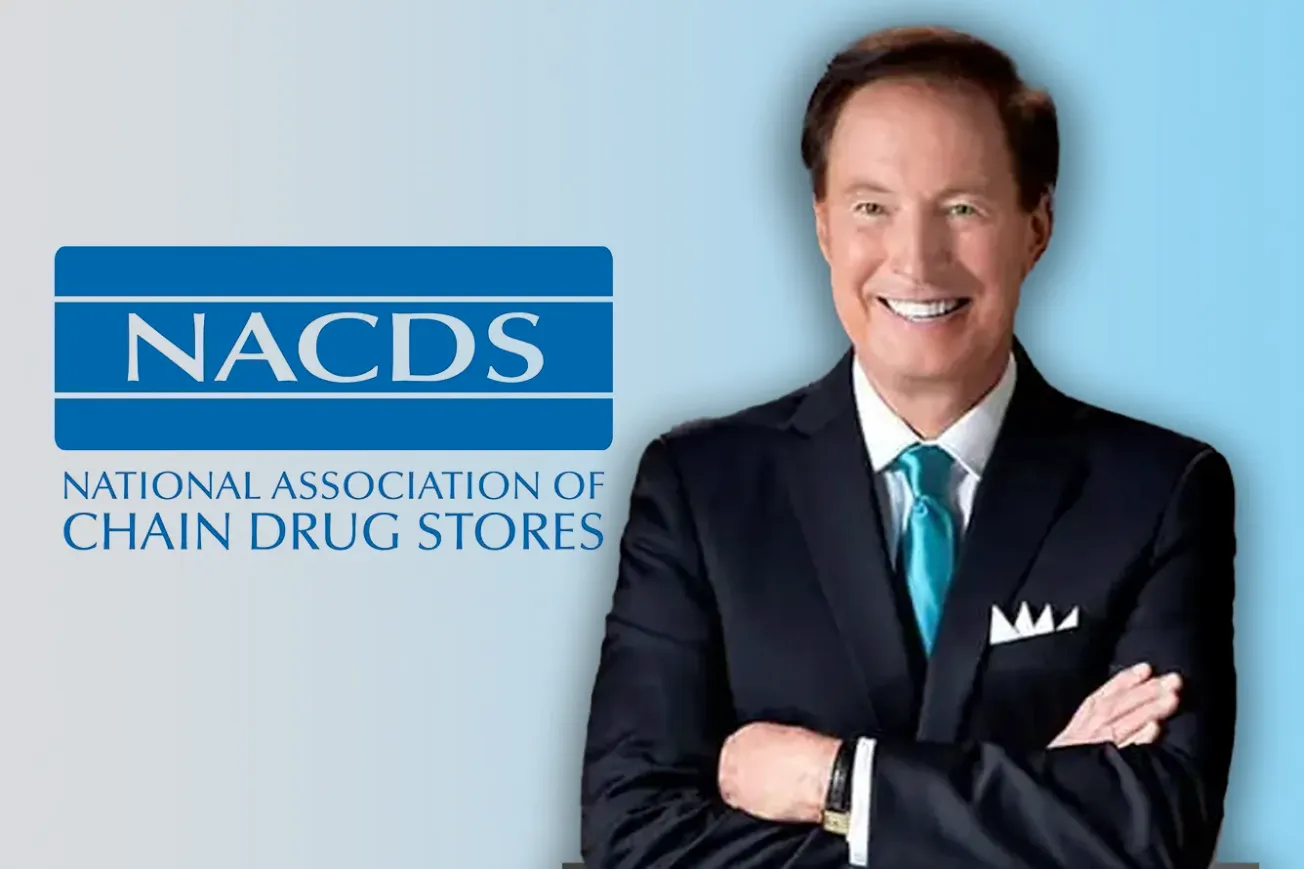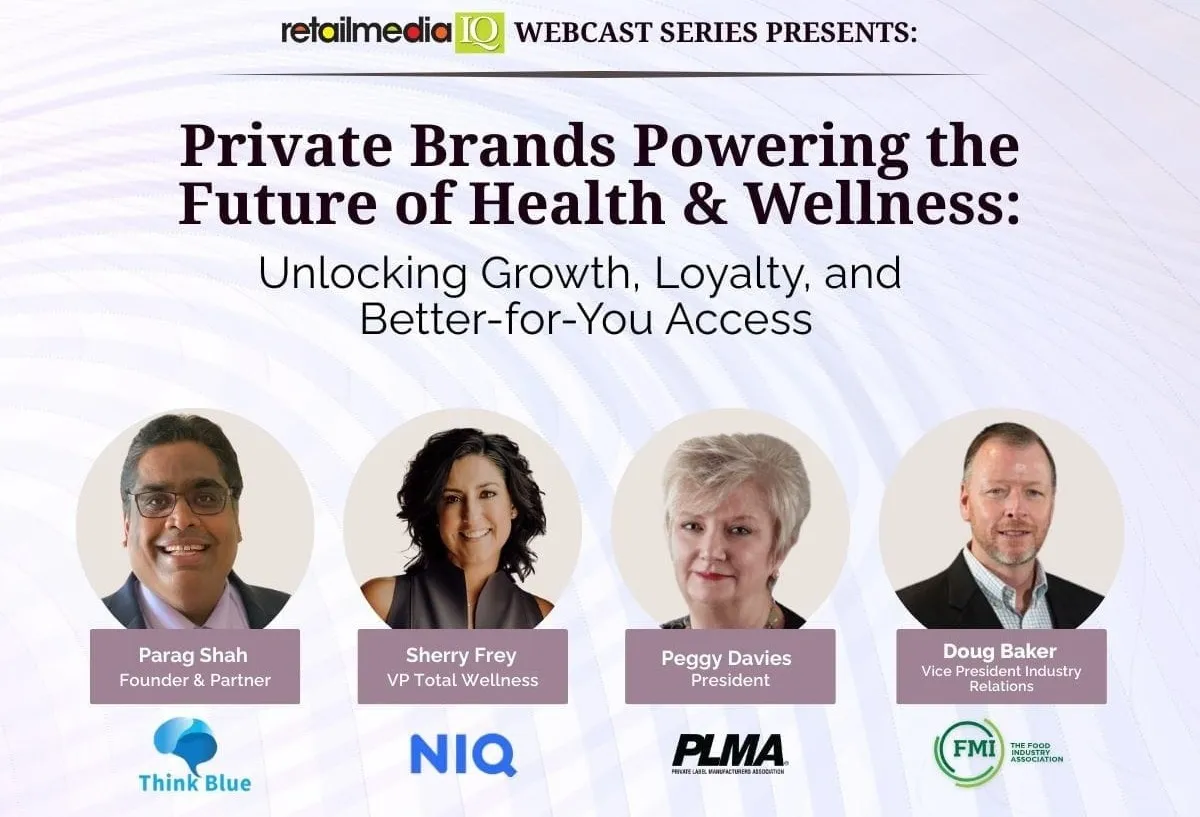By Susan Cantrell, Susan Cantrell CEO, Academy of Managed Care Pharmacy
With President Trump and his administration returning to Washington, D.C., and a new Congress set to take shape, there’s naturally some uncertainty when it comes to the future of American health care policy. Looking ahead to 2025, however, there will likely be some key decisions affecting and defining how managed care pharmacy and the larger health care system operate and serve patients.

Many of these upcoming milestones have been in the works for months and years. While the exact result is unclear, we’re hopeful at AMCP that these decisions can be reached in a bipartisan and collaborative way.
The Equitable Community Access to Pharmacist Services (ECAPS) Act: From a public health perspective, we are still dealing with the after-effects of COVID-19, even as we move into a post-pandemic era. During the public health emergency, pharmacists were granted certain authorities that helped serve as a critical lifeline for millions of patients. This was key because nine in 10 Americans live within five miles of a pharmacy and, in rural areas, 77% of community pharmacies serve population areas of 50,000 or fewer. The ECAPS Act aims to reauthorize specific provisions as well as establish coverage and reimbursement under Medicare Part B for certain services provided by pharmacists.
As of this writing, the ECAPS legislation had not yet passed in the 118th Congress.
Implications of the Inflation Reduction Act (IRA): The IRA is a massive piece of legislation that has had a profound impact on health care in the United States. The process of determining and implementing its provisions has been a multiyear progression. However, as a cornerstone of the Biden administration’s policy, there is uncertainty about its future under the second Trump administration — essentially, we will be on the lookout for a partial or full repeal. Drilling down, there are two efforts in particular, whether implemented or pulled back, that will reverberate through pharmacy.
• Medicare Prescription Payment Plan: The IRA requires all Medicare Part D plans to offer those enrolled the ability to pay for out-of-pocket (OOP) prescription medication costs through capped monthly payments. Although this program has launched on January 1, we at AMCP will be keeping a keen eye on how the plan plays out. Plan sponsors will generally be prepared by now for matters such as general education for patients and enrollment processes. However, it will be important to monitor developments such as the number of patients enrolling, administrative costs shouldered by plan sponsors and the implications for plan liability for unpaid balances.
• Medicare Drug Price Negotiation Program: We have already witnessed phase one with the determination of the negotiated maximum fair prices (MFPs) for 10 identified drugs. By March 1, 2025, CMS will publish its explanations underpinning the MFPs for the initial round of negotiations. These explanations may discuss therapeutic alternatives used to set the initial starting price for the negotiations, more details on the actual negotiations, and the factors CMS ultimately relied upon to reach the MFP. They should provide some insights that manufacturers may find valuable as the second cycle of negotiations gets under way. By February 1, 2025, CMS will announce up to 15 additional drugs covered by Part D for the second cycle of negotiations.
There is still a lot to keep an eye out for in 2025 when it comes to the implementation of MFP. Even though CMS will be using a Medicare Transaction Facilitator for data transfer and for reimbursement to dispensers, manufacturers will need to finalize how they plan to make MFP available later in the year. Moreover, manufacturers will need to consider how to deduplicate discounts for 340B drugs.
Findings from AMCP Foundation’s “Trends” survey: To close, I wanted to share a few trends that, after pulsing a collection of managed care pharmacy professionals, we think will help to define 2025. This is just a brief snapshot; a fuller discussion will be available in the February issue of the Journal of Managed Care and Specialty Pharmacy.
• Technology: There is an expectation that the role of Artificial Intelligence (AI) will grow and, in turn, that new positions within the industry will be created to manage AI tools.
Treatments:
• GLP-1 use will continue to grow and drive immense cost pressure.
• 10 or more orphan drugs — treatments targeting rare conditions that affect fewer than 200,000 Americans — will be approved for use.
• FDA will approve 10 or more digital therapeutics.
• Spending: More than 40% of spending will be for large-population specialty drugs (e.g., GLP-1s, treatments for Alzheimer’s).
Overall, although we enter 2025 with a sense of uncertainty, what is certain is that it will be a significant year for managed care pharmacy and the broader health care community. I remain thankful for the hard work of AMCP members every single day — unheralded and often unseen work that helps to make prescriptions and treatments more accessible and affordable.









